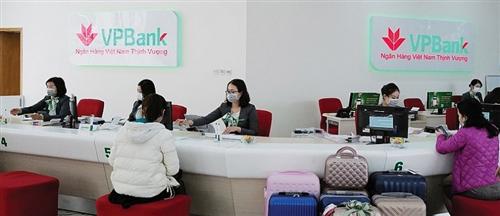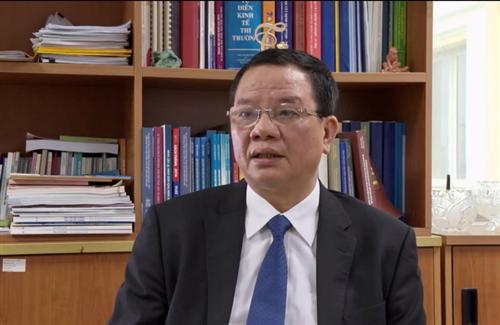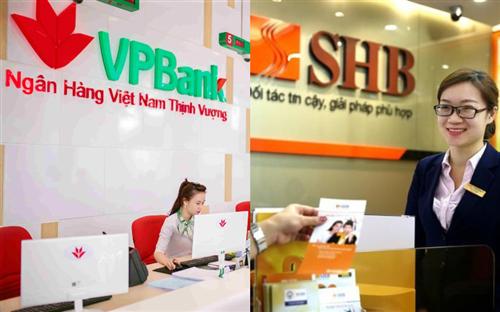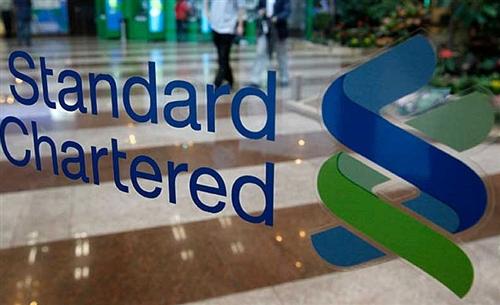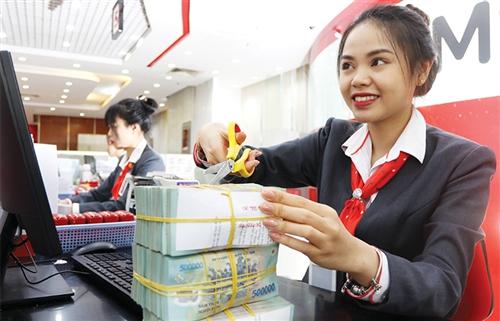Local insurers cash in on pandemic
Local insurers cash in on pandemic
While the coronavirus pandemic has dealt a blow to key industries from services to trade and manufacturing, insurance continues to shine bright during the escalating crisis.

Learning from previous health crises such as the 2002-2003 SARS outbreak, life insurance companies tightened policies, Photo: Le Toan
|
Since the COVID-19 outbreak began at the end of 2019, Hanwha Life Vietnam has been performing well, driven by the rising demand for health insurance. Specifically, in the first two months of 2020, its new premium income rose by 33 per cent on-year, which is higher than the industry’s average growth rate of 23 per cent. The insurer has also seen a sharp rise in the number of new agencies in February, fulfilling 138 per cent of its yearly plan.
Another life insurance company, Prudential Vietnam, is also experiencing robust performance during the outbreak. Prudential’s agencies have recruited over 5,000 new consultants in February, contributing to its surge in new premium revenue.
On February 27, Prudential launched its new signature healthcare rider Pru-Hanh Trang Vui Khoe. The new product provides customers with comprehensive financial protection, helping reduce individuals’ healthcare spending and empowering them to take control of their health and wellbeing. After three days of launching, the product earned Prudential over VND30 billion ($1.3 million) in revenues.
Likewise, AIA Vietnam has introduced several new products to the meet the rising local healthcare demand. On February 19, the company launched Healthier 100, which provides financial support to customers from the early stages of cancer to 100 years of age. After one month of launching, the package has been subscribed by 1,000 customers.
Although the COVID-19 pandemic is causing issues around the world, a foreign insurer is still pouring capital into Vietnam to capitalise on the market potential. On March 30, FWD Vietnam announced a plan to increase its charter capital from VND3.68 trillion (nearly $160 million) to VND13.94 trillion ($606.1 million) and become the largest life insurance company in Vietnam. The increase in charter capital demonstrates FWD’s strong commitment to sustainable and long-term operations with the vision of changing the way people feel about insurance.
The coronavirus crisis is causing major concerns for people and businesses – and insurance companies continue to roll out new products and innovative solutions to help them overcome these difficult times and achieve their annual targets.
In addition, the pandemic has prompted insurance companies to speed up digital transformation to cope with the unique challenges of this prolonged crisis. Manulife, for example, encourages customers to use cashless payment services and lodge compensation claims online as the nation is directed to go into self-isolation and follow social distancing. The company also provides virtual training sessions for new consultants nationwide.
Other insurers have released new insurance products specifically targeting the epidemic. PetroVietnam Insurance (PVI) introduced the Corona++1 and Corona++2 packages, stretching from VND195,000 ($8.50) to VND300,000 ($13) per year.
Post and Telecommunication Joint Stock Insurance Corporation (PTI) entered into a co-operation with Sacombank to roll out its Anti-COVID-19 kit with competitive fees from VND30,000 ($1.30) to VND300,000 ($13) based on different tenures.
Other insurers such as Bao Viet Insurance, Military Insurance Corporation, Vien Dong Insurance, and Saigon-Hanoi Insurance Corporation also followed suit with a variety of disease-specific measures. However, these insurance products have sparked a controversy about their feasibility.
Insure or not insure?
Prime Minister Nguyen Xuan Phuc said last week that insurers would not be permitted to offer exclusive COVID-19 packages since patients are provided free medical examination and treatment by the Vietnamese government.
Experts believed three major insurance areas which are most likely to feel the full impact of coronavirus includes travel, business, and life insurance.
Tran Nguyen Dan, director of the Institute of Insurance and Financial Risk Management, said it is common across the globe that non-life insurance companies eliminate disease risks as the government frequently bears the cost for citizens. Furthermore, many insurers cannot offer disease-specific products because they are unable to reinsure nor control risks.
“Most insurers learned these lessons during the SARS outbreak of 2003 and introduced exclusion clauses for communicable diseases and epidemics/pandemics into most non-life products such as business interruption and travel insurance,” said Laura J. Hay, global head of insurance at KPMG International.
On the other hand, during times of pandemic, moral hazards also increase, with policy holders (especially young and healthy ones) increasing their exposure to infection risk because they do not have to bear the full cost of medical treatment.
These so-called moral hazards came to the spotlight in 2016 when a 30-year-old Vietnamese woman was accused of defrauding two insurance companies for a potential VND3.5 billion ($152,000) by hiring a young man to assault her at a railway station and cut her arms.
With quite affordable premiums for COVID-19 insurance packages, moral hazards could become an acute problem for the insurance system.
Avoiding responsibility
The rapid spread of the contagion has forced companies and individuals vulnerable to its knock-on effects to read through their insurance policies to see if they are covered against costs.
At the same time, some insurers have begun adding exclusionary riders on new policies to avoid payout on related deaths.
Despite being criticised for sticking to a tough line since the crisis began, insurers in the United Kingdom are rushing to close any loopholes in the terms of their policy coverage to explicitly exclude the pandemic.
In Australia, TAL – a subsidiary of Japanese insurance giant Dai-ichi Life which also operates in Vietnam – has moved to cut off payouts to customers who die from COVID-19, including frontline doctors fighting the deadly virus, according to newswire ABC. “No benefit will be payable under this cover for any claim resulting directly or indirectly from COVID-19, any related condition or infection or any complication thereof,” TAL wrote in a statement.
Chu Quang Minh, general director of Best Life JSC, said that it is not surprising that customers are worried as some insurance products do not cover pandemics, not only in Vietnam but throughout the world.
PVI also stated that a related infection falls under the company’s default insurance exclusion clause, which is specified in the insurance policy.
While local insurers have partnered up to deploy COVID-19-specialised products, foreigners are adopting a more cautious stance.
“We have realised a handful of unpredictable factors in these pandemic-centred insurance packages and neither explicit documents nor official permission from Vietnamese authorities has been released regarding these exclusive products. Hence, we decided to stay on the sidelines,” a representative of one overseas insurer told VIR.
Many customers who have previously purchased COVID-19 packages are now confused and concerned about what sort of protection their insurance gives them.
Some experts said they might be entitled to benefits from signed contracts even after the government’s directions not to issue specific insurance policies for this particular outbreak, but there has not been an official document released yet.
The Ministry of Finance is spelling out its expectations for insurers, discussing the cover that best suits customers’ needs as well as treat them fair and square. Further details and specific solutions are slated to be issued soon.
According to the General Statistics Office, insurance business activities in Vietnam reached a record high in the first quarter of 2020, with an estimated increase of 16 per cent compared to the same period last year. Life insurance premium revenue increased by 21 per cent while non-life insurance rose by 8 per cent. Life insurers have provided more timely product packages, increasing support packages to attract customers with appropriate insurance policies.








